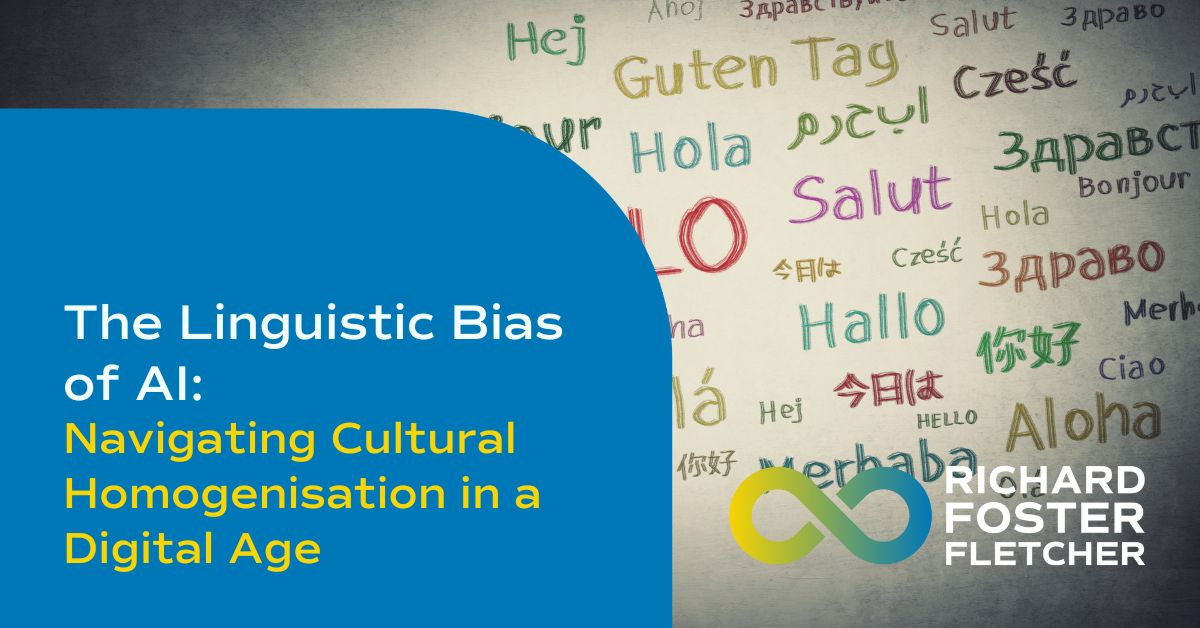
The Linguistic Bias of AI: Navigating Cultural Homogenisation in a Digital Age

When examining the nuances of ChatGPT’s language preferences, a specific issue arises for users in the UK. Despite clear directives to use British English, the system often reverts to American spelling and grammar conventions, scattering unwanted ‘zeds’ throughout the text. This seemingly minor irritation underscores a broader concern: the intrinsic biases in the data upon which ChatGPT was trained.
The dominance of American English on the Internet is evident, with around 50% of content being in English, and 60% of web traffic directed to US-based websites. This prevalence undoubtedly influences ChatGPT’s default settings, making it challenging to adhere strictly to regional linguistic norms, such as those preferred in the UK. While the occasional American spelling may seem trivial, it highlights a more significant issue: the risk of cultural homogenisation.
For the UK, the odd ‘zed’ might not drastically alter comprehension or engagement. However, for countries with distinct cultural and linguistic characteristics, the implications are more profound. The widespread adoption of generative AI tools like ChatGPT, which around 70% of US companies—including SMEs—have embraced to stay competitive, brings with it the potential to subtly or overtly alter local linguistic landscapes.
This shift poses risks, as these tools may not fully represent or respect the cultural and linguistic diversity of non-Western countries. The colonisation of language through AI can lead to a loss of cultural identity, where local nuances and traditions are overshadowed by a homogenised, Western-centric mode of communication.
As we continue to explore these impacts, it’s crucial to remain aware of the significant downsides of using tools that may not be tailored to all regions and cultures. This article serves as a reminder for those reading this outside of the US or UK that there are substantial implications when deploying AI systems trained predominantly on Western data.
















